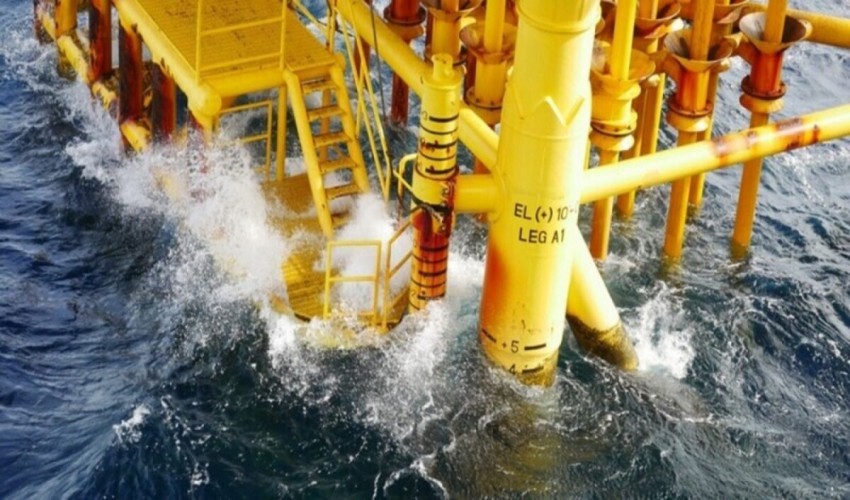Computer Science and Engineering
16
Engineers Use Artificial Intelligence To Capture the Complexity of Breaking Waves
- Rating
- predicted waves
- ocean wave
- predict wave
- knowing waves
- surfer break
- wave behaviour
Once they reach a critical height, the waves break and crash
into a shower of droplets and bubbles. These waves can be as large as the
surfer's break point and as small as a gentle wave skimming over the shore. For
decades, the dynamics of how and when a wave breaks has been too complicated
for scientists to predict.
Now, MIT engineers have discovered a new method for modeling
how waves break. The researchers transformed equations that had previously been
used to predict wave behavior using machine learning data and wave tank tests.
Engineers often use such equations to help design robust offshore platforms and
structures. But so far, the equations have failed to capture the complexity of
breaking waves.
The researchers found that the modified model predicted how
and when the waves would break more accurately. For example, the model
evaluated the stability of a wave shortly before it breaks, as well as its
energy and frequency after it breaks, with greater precision than conventional
wave equations.
Their results, recently published in the journal Nature
Communications, will help scientists better understand how a breaking wave
affects the water around it. Knowing how these waves interact can help improve
the design of offshore structures. It could also improve predictions of how the
ocean interacts with the atmosphere. Better estimates of how waves break could
help scientists estimate how much carbon dioxide and other atmospheric gases
the ocean can absorb.
"Wave breaking is what pushes air out into the
ocean," says study author Themis Sapsis, an associate professor of
mechanical and ocean engineering and an associate at MIT's Institute for Data,
Systems, and Society. "It may sound like an understatement, but if you
multiply its effect by the area of the entire ocean, then wave breaking
starts to become fundamentally important for climate prediction."
Study co-authors include lead authors and MIT postdocs
Debbie Eultink, Hubert Branger and Christopher Luneau of the University of
Aix-Marseilles, Amin Chabachub of Kyoto University, Jerome Kasparian of the
University of Geneva, and T.S. Van den Bremer of Delft University of
Technology.
Leave a Reply
Your email address will not be published. Required fields are marked *


